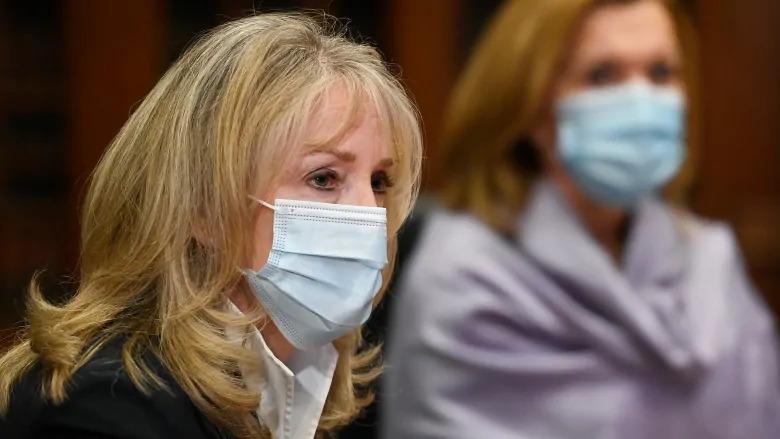Ontario’s long-term care minister was aware of the dangers the novel coronavirus posed to the sector long before it was declared a global pandemic, a newly released transcript from the province’s commission on the matter reveals.
The transcript of the Long-Term Care COVID-19 Commission’s interview with Merrilee Fullerton and her deputy shows the pair advocated for stronger measures than what the government was willing to put in place, earlier than they were willing to act.





